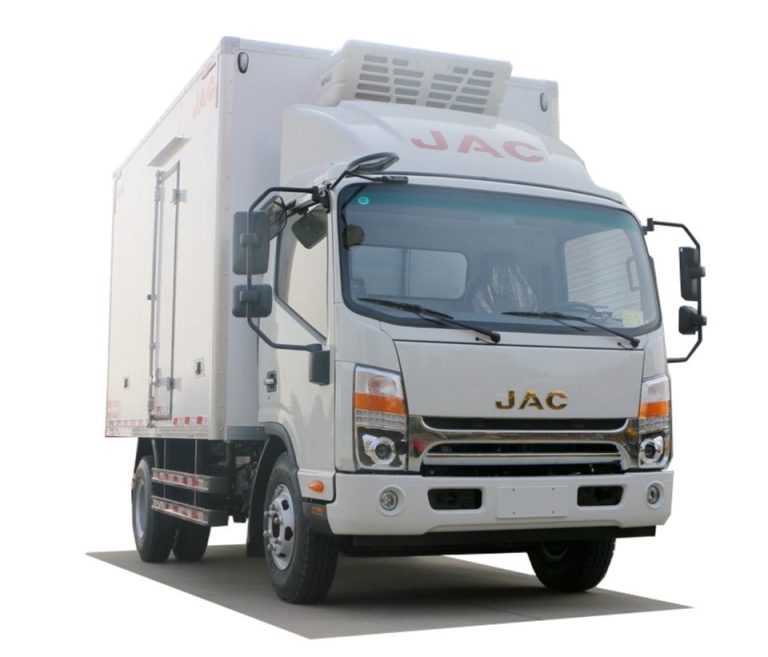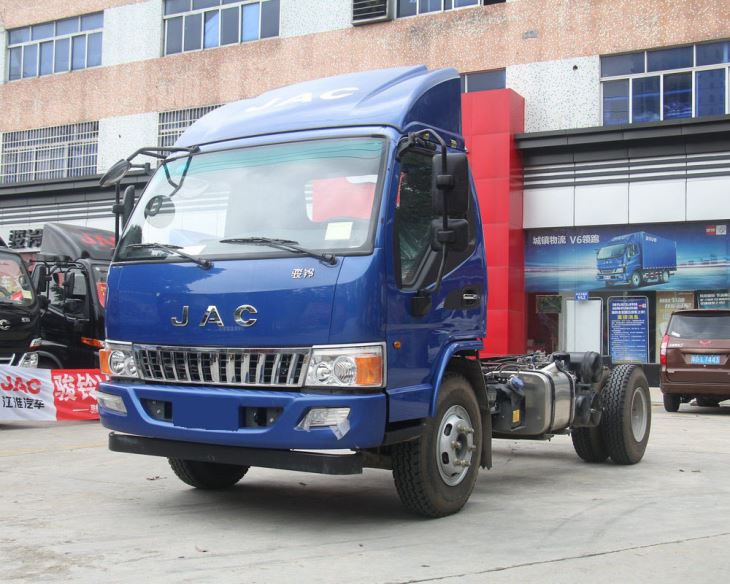As cities continue to grow and urbanize, managing waste effectively becomes increasingly challenging. One innovative solution to this problem is the automated garbage truck—the cutting-edge technology designed to enhance waste collection. This article explores the myriad benefits, functions, challenges, and the future of automated garbage trucks, providing insights into how they are set to transform waste management worldwide.
What Are Automated Garbage Trucks?
Automated garbage trucks are vehicles equipped with advanced robotic systems that allow them to perform waste collection tasks with minimal human intervention. These trucks often utilize sensors, cameras, and sophisticated software to identify, collect, and transport waste materials efficiently. The core aim is to enhance operational efficiency, minimize human error, and reduce labor costs in the waste management industry.
Types of Automated Garbage Trucks
Automated garbage trucks can vary based on their design, functionalities, and technology. Here are some common types:
- Fully Automated Trucks: These vehicles operate entirely autonomously, using advanced AI and machine learning systems to navigate and perform collection tasks.
- Partially Automated Trucks: These trucks require human operators for certain tasks but automate key functions like lifting bins and emptying them into the truck.
- Electric Automated Trucks: Focusing on sustainability, these trucks run on electric power, reducing emissions and improving energy efficiency.
- Smart Trucks: Integrated with internet connectivity, these trucks can provide real-time data about routes, collection status, and maintenance needs.
The Technology Behind Automated Garbage Trucks
The technology embedded in automated garbage trucks involves multiple components that work together seamlessly to improve waste management efficiency.
Sensors and Cameras
Sensors and cameras play a crucial role in the vehicle’s ability to determine its surroundings. They help in:
- Identifying the location of garbage bins.
- Detecting obstacles in real-time.
- Ensuring safe navigation through city streets.
Robotic Arms
Powered by hydraulic systems, robotic arms enable automated trucks to lift, empty, and return trash bins without human intervention. This greatly reduces the risk of injuries common in manual waste collection.
Advanced Software
The software that drives these trucks uses AI algorithms to optimize collection routes, enhancing efficiency and reducing fuel consumption.
| Technology Component | Function |
|---|---|
| Sensors | Detect surrounding objects and obstacles |
| Cameras | Provide visual data for navigation |
| Robotic Arms | Lift and dump trash bins automatically |
| Software | Optimize routes and manage operations |
Benefits of Automated Garbage Trucks
Automated garbage trucks offer a multitude of benefits that make them an attractive option for municipalities and waste management companies.
Increased Efficiency
Automation significantly reduces the time taken for waste collection. Trucks can operate faster and more consistently, allowing cities to maintain a cleaner environment with fewer resources.
Cost Savings
While the initial investment in automated garbage trucks can be high, the long-term savings are substantial. Reduced labor costs and lower fuel consumption contribute to overall budget efficiency for waste management services.
Improved Safety
Automated trucks minimize the risks associated with waste collection. Fewer workers on the streets means a decrease in injury rates from accidents and exposure to hazardous materials.
Environmental Benefits
The transition to electric automated garbage trucks serves to lower greenhouse gas emissions. Additionally, optimized routes reduce fuel consumption, further benefiting the environment.
Challenges and Concerns
Despite their benefits, automated garbage trucks face challenges and concerns that need to be addressed.
High Initial Costs
The upfront investment required for automated garbage trucks, including the technology and infrastructure needed for operation, can deter municipalities, especially smaller ones with limited budgets.
Technology Reliability
Dependence on technology means that issues such as software bugs or hardware failures can hinder operations. Regular maintenance and updates are essential to ensure reliability.
Public Acceptance
While many people welcome innovation, there will always be a segment of the population concerned about the loss of jobs due to automation. Public education and clear communication of the benefits can help in overcoming this hurdle.
How Automated Garbage Trucks Are Changing Waste Management
Municipalities worldwide are beginning to embrace automated garbage trucks as they realize the potential for innovation in waste collection.
Real-World Examples
Several cities have adopted automated garbage trucks successfully:
- Los Angeles, USA: The city has implemented automated waste collection in several neighborhoods, resulting in fewer missed pickups and improved overall satisfaction among residents.
- Amsterdam, Netherlands: The city’s automated garbage trucks utilize smart route optimization, significantly reducing travel time and fuel emissions.
- Tokyo, Japan: With advanced robotics, Tokyo’s fleet of automated trucks efficiently manages the waste of one of the largest urban centers in the world.
Practical Tips for Implementing Automated Garbage Trucks
Municipalities looking to implement automated garbage collection can follow these practical tips:
Conduct a Feasibility Study
Before investing, perform a thorough analysis of the costs and benefits of switching to automated garbage collection.
Engage with the Community
Increase public awareness and acceptance by engaging with the community and educating them about the advantages of automated garbage trucks.
Start with a Pilot Program
Implementing a pilot program allows cities to test the technology in a limited area and make adjustments based on real-world performance.
Invest in Training
While automated trucks require less manpower, staff will still need training on how to manage and maintain the technology effectively.
The Future of Automated Garbage Trucks
The future of automated garbage trucks is promising, with ongoing advancements in technology set to propel waste management into a new era. Innovations such as AI will lead to more sophisticated automation and smarter waste collection processes.
Integration with Smart City Initiatives
As cities embrace the concept of smart cities, automated garbage trucks will play an essential role in integrating waste management into the broader smart city framework, utilizing big data analytics, IoT devices, and energy-efficient technologies.
Global Expansion
As technology advances and costs decrease, the implementation of automated garbage trucks will expand globally, providing solutions to waste management challenges in developing countries.
FAQs about Automated Garbage Trucks
1. How do automated garbage trucks work?
Automated garbage trucks use sensors and cameras to navigate and identify waste bins, while robotic arms lift and empty these bins into the truck without human intervention.
2. Are automated garbage trucks safe?
Yes, they are designed to enhance safety by reducing human exposure to hazardous materials and minimizing the risk of accidents typically associated with manual waste collection.
3. What are the environmental benefits of automated garbage trucks?
Automated garbage trucks, especially electric ones, contribute to lower greenhouse gas emissions and fuel consumption, positively impacting urban air quality.
4. How much do automated garbage trucks cost?
The cost can vary significantly based on the technology used, with high initial investment costs offset by long-term savings in labor and efficiency.
5. Can cities with small budgets implement automated garbage trucks?
While the initial investment may be high, cities can start with pilot programs and seek funding or partnerships to explore automated solutions suited to their needs.
6. What are the future prospects for automated garbage trucks?
The future is bright, with advancements in AI, machine learning, and integration with smart city initiatives expected to enhance the efficiency and reach of automated garbage trucks.



